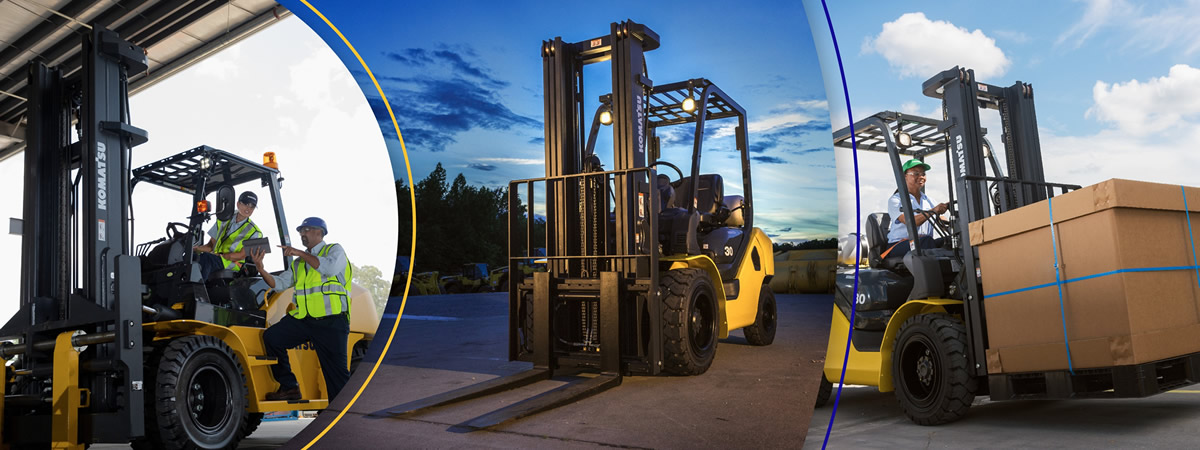
Choosing the right foundation anchor bolt is crucial for the stability and longevity of any construction project. With an overwhelming variety of options available in the market, understanding the specific requirements and characteristics of each type of bolt can make a significant difference in structural integrity and overall success. This ultimate guideaims to simplify the selection process by providing insights into the different types of Foundation Anchor Bolts, their applications, and key factors to consider when making your choice. Whether you are a seasoned builder or a novice contractor, knowing how to choose the right foundation anchor bolt is essential to ensure compliance with safety standards and to enhance the performance of your structures. Join us as we explore the essential tips and expert advice necessary for selecting the most suitable anchor bolts for yourspecific needs.
Foundation anchor bolts are crucial components in ensuring the structural integrity of various construction projects. They come in different types, each suited for specific applications. The most common types include wedge anchors, headed bolts, and embedded bolts. Wedge anchors, primarily used in concrete applications, rely on a mechanical wedging action to secure themselves tightly. They are ideal for environments requiring strong holding power, such as in mounting heavy machinery or railings.
On the other hand, headed bolts feature a distinct head that prevents them from being pulled through the material they are anchored to. These bolts are often utilized in steel constructions and are particularly effective when connecting steel beams to concrete or masonry. Embedded bolts, which are set directly into concrete or structural components at the time of pouring, provide a strong, stable foundation for heavy loads. Understanding the specific applications of each type ensures the right choice for your project, enhancing safety and durability in your construction endeavors.
When selecting foundation anchor bolts for your construction project, several key factors must be taken into account to ensure safety and effectiveness. First and foremost, understanding the load requirements is crucial. Anchor bolts must be chosen based on the weight and stress that they will bear, which depends on both the structure they support and environmental factors such as wind and seismic activity. Consulting with a structural engineer can help determine the appropriate specifications to meet these demands.
Material selection is another important consideration. Foundation anchor bolts are typically made from steel, but the specific grade and coating can impact their performance and longevity. For example, if the project is in a corrosive environment, opting for galvanized or stainless steel bolts can prevent premature deterioration. Additionally, bolt length and diameter should align with the design and soil conditions to provide adequate anchorage. Thoroughly evaluating these factors will help ensure that you choose the right foundation anchor bolts, ultimately contributing to the durability and safety of the construction project.
When it comes to installing foundation anchor bolts, the right techniques can significantly impact the success of your construction project. One effective method is to use proper alignment tools during placement. Ensuring that anchor bolts are perfectly vertical and at the correct spacing is crucial for structural integrity. Investing in a laser level can greatly enhance precision during this stage.
Additionally, consider the use of epoxy for securing bolts in concrete. This method not only improves the bond strength but also helps to resist shear forces. Before applying the epoxy, it’s essential to clean the hole thoroughly to remove any dust or debris that could weaken the adhesion.
Lastly, always follow the manufacturer's instructions regarding installation and cure times. This ensures that the anchor bolts will perform optimally under load. Incorporating these best practices into your installation process can lead to a robust foundation and ultimately, a successful construction project.
When it comes to selecting foundation anchor bolts for construction projects, avoiding common mistakes can save time and money.
One prevalent error is neglecting to consider the load requirements. Each project has specific load-bearing needs, and failing to match the anchor bolts accordingly can lead to structural issues down the line. Ensure you thoroughly analyze the loads to select the appropriate bolt size and type.
Another mistake often made is overlooking the environmental factors that could impact the anchor bolts' performance. Corrosion resistance is crucial, especially in coastal or industrial areas where harsh conditions prevail. Always choose bolts made from suitable materials, such as stainless steel or galvanized steel, and verify whether additional protective coatings are necessary.
Tip: Always consult with a structural engineer to validate your selection, ensuring that both the size and material of the anchor bolts align with the specifications of your project. Finally, remember to double-check the installation procedure, as incorrect installation can compromise even the best-quality anchor bolts.
When choosing the right foundation anchor bolt for construction projects, evaluating load requirements and environmental factors is essential. Recent research highlights the importance of understanding the degradation behavior of anchor cables, especially in fault activation areas. These studies utilize advanced methodologies, such as the Wiener process, to assess the reliability of anchor systems, ensuring they can withstand cyclic loads and potential failures over time. This reliability is critical for maintaining structural integrity in dynamic environments where external factors can impact load capacities.
Furthermore, the longevity and durability of anchor bolts under varying environmental conditions cannot be overlooked. For instance, a study on loess slopes demonstrated how long-term hydro-thermal effects influence anchor bolt performance. Continuous monitoring of temperature, humidity, and stress at different depths offers invaluable insights into how these factors affect durability. Such assessments allow engineers to make informed decisions when selecting anchor bolts, tailored to the specific environmental conditions they will face, ultimately leading to safer and more resilient constructions.
Content © 2025 Komatsu. All Rights Reserved
